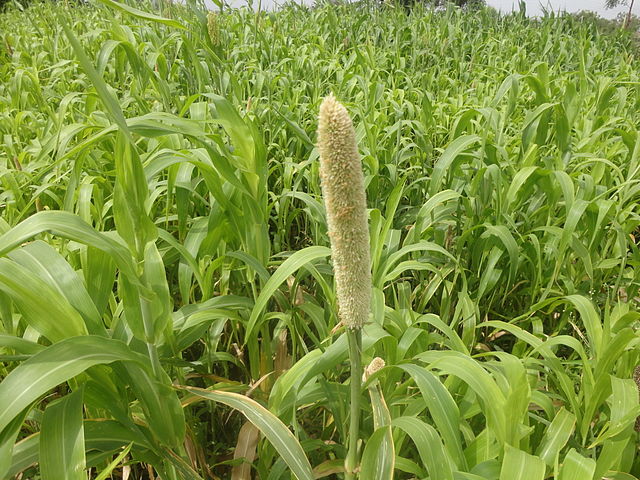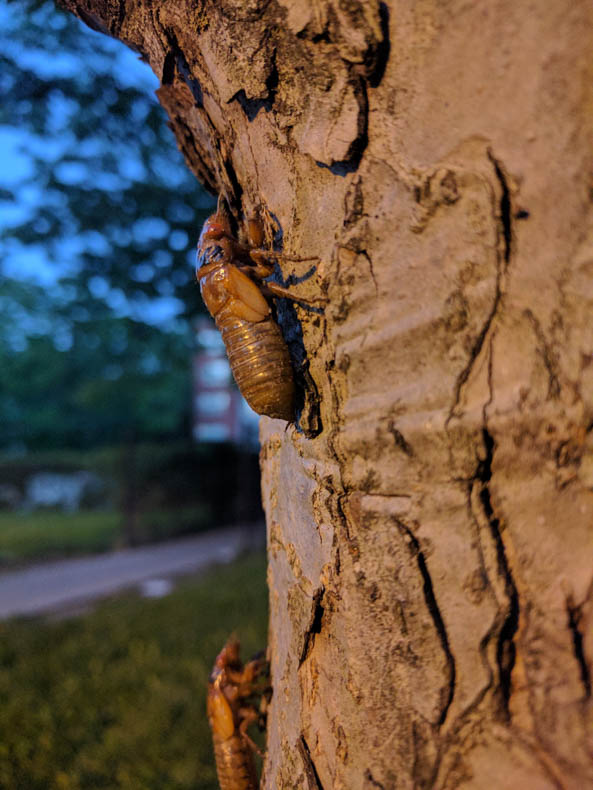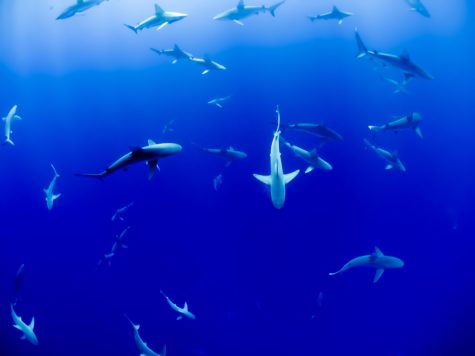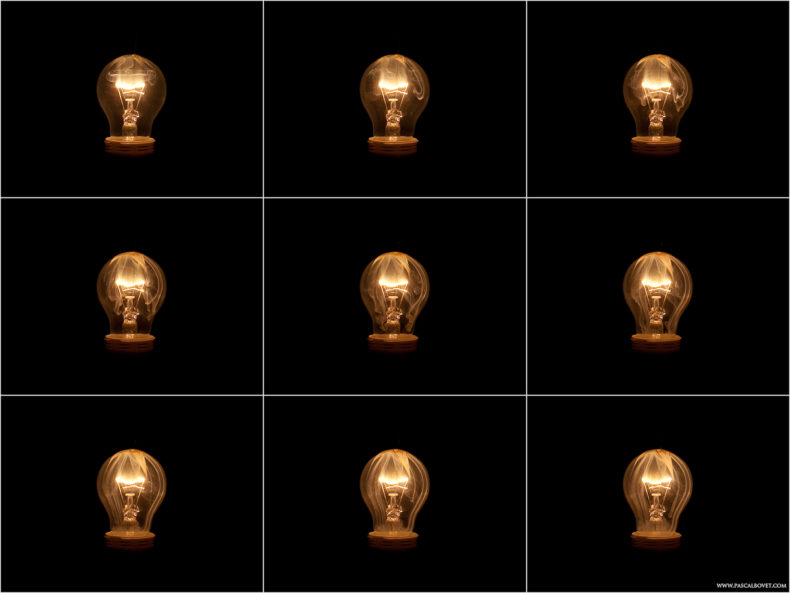 May 22 – 26, 2017
May 22 – 26, 2017
Lots of reduxes this week — “redux” in this case meaning posts that were posted before but would be nice to reread, if for no other reason than that the authors liked them.
Christie on the line between dryness and drought: “How much contrary evidence do we need before we decide it’s time to update our definition of normal? At what point do we as humans let go of the past — the way things were, the present that we’re used to — and accept the future that we’ve created?”
I wrote about how to avoid being maimed by a fall: “Physics says the best way to not let gravity hurt you is to make the fall last as long as possible, drag it out, fall as long as you can. Just keep falling, see if you can outlast it, maybe if you fall long enough you won’t ever be felled, the splat might never happen.”
Michelle on conservation biologists learning to code: “In 2013, the team members gradually transformed themselves from scientists into scientist-programmers. They learned to code in R and RStudio, track the different versions of their files in Git, and share their work in GitHub. . . . Now, Lowndes says, marine biologists working in the Baltic can much more easily compare their data to those gathered in the Pacific.”
Rose on readers’ inevitable question of where she gets her ideas: “In the spirit of my former editor, who told me that anything could be a story, here is a post about ideas. Or, more specifically, not having them. This is an ode to all the ideas that have escaped my grasp. Or, that I could never quite catch in the first place.”
Jenny the nature-lover on what not to do when around sharks: “I took off one of my dive gloves and waited. If she stuck to her pattern, the shark’s next move would take her exhilaratingly close. She turned and cut in toward me, as I expected, and I stayed still and kept my eye on hers as she closed in. Practically on me now, she swiveled slightly, just enough.”
BONUS
Emma’s comment on Rose’s no-ideas post: “I have those big sprawling ideas too, lots of them, lumbering around like galaxies. I usually can’t see the edges of them and I don’t know if I’m in the middle of them or out in the suburbs. I wander through these translucent landscapes all day. I do dishes in them, try to pay attention to what my kids are saying.”
 It’s that time of year again: less than three weeks until the summer solstice, and I have pulled out my down vest, wool hat, scarf, and fuzzy boots. Yes, June Gloom is reduxing, as is this post, which originally appeared in 2012. But it’s not so bad. I love my fuzzy boots.
It’s that time of year again: less than three weeks until the summer solstice, and I have pulled out my down vest, wool hat, scarf, and fuzzy boots. Yes, June Gloom is reduxing, as is this post, which originally appeared in 2012. But it’s not so bad. I love my fuzzy boots.
 I am a man of science. Okay, perhaps not of science, but certainly near it. I’m science adjacent. But regardless, I consider myself to be bound, in the end, by logic and facts.
I am a man of science. Okay, perhaps not of science, but certainly near it. I’m science adjacent. But regardless, I consider myself to be bound, in the end, by logic and facts.

 Despite the occasional tragic outcome of such encounters—and they truly are occasional relative to attacks by other wild animals—I love meeting sharks in the wild. So, dive in with me as I recall this experience with Emma the tiger shark in the Bahamas. I don’t know that she was as intrigued with me as I was with her, but I’m happy to report that she left me totally intact.
Despite the occasional tragic outcome of such encounters—and they truly are occasional relative to attacks by other wild animals—I love meeting sharks in the wild. So, dive in with me as I recall this experience with Emma the tiger shark in the Bahamas. I don’t know that she was as intrigued with me as I was with her, but I’m happy to report that she left me totally intact.